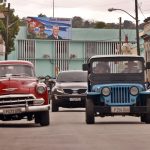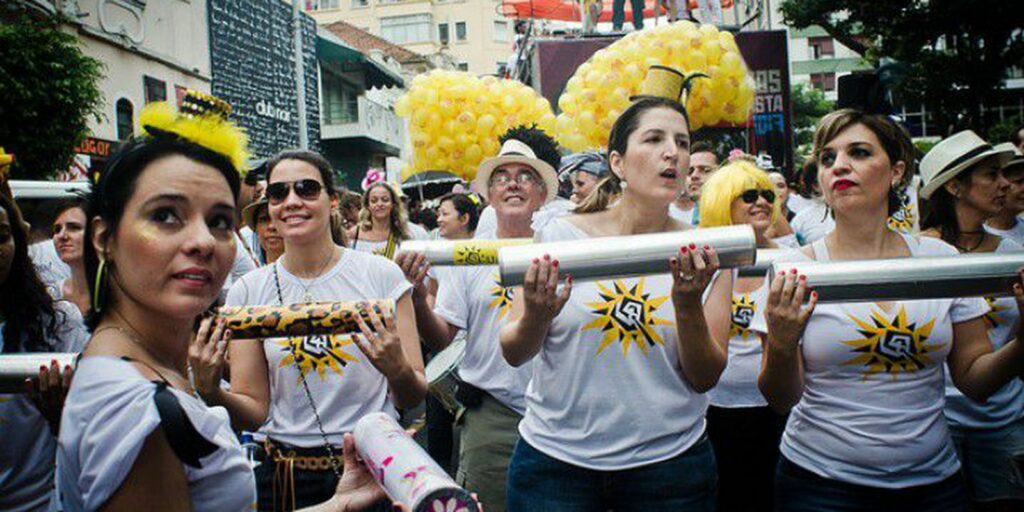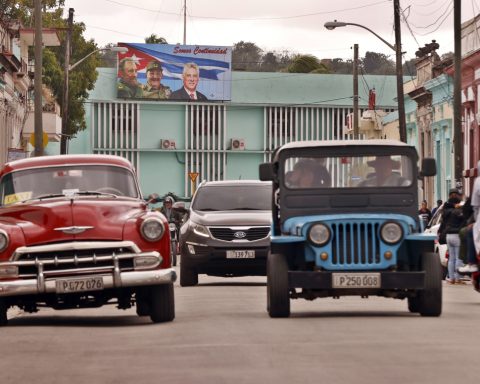The importance of September 11, 1973 in Universal History is a proven fact, although traditionally more attention is paid to the consequences it had for the international left and not so much to its incidence on ultra-right movements. However, it is possible to establish that it also operated as a watershed for the actions of formations that struggled to achieve power in Italy, or from those addicted to the Spanish authoritarian regime. This is what we developed in a recent work entitled The Chilean lesson. Pinochet’s coup as the ideal type for the Italian and Spanish ultra-rightspublished by the Catalan magazine d’historia Segle XX (Vol. 1, No. 15, of 2022), published by the Center for Historical Studies of the University of Barcelona and the result of a project financed by the University of Chile.
Based on the differences between historical fascisms and the Latin American dictatorships of the second half of the 20th century –supported by specialists of diverse roots, such as Robert Paxton, Roger Griffin or Niklas Poulantzas–or Authoritarian Bureaucratic State (O’Donnell), it is possible to maintain that in the imaginaries of the members of extreme right networks, September 11, 1973 was read as an event that could potentially lead to the establishment of a fascist regime both in Latin America as in Europe (Mammone, 2015), which gave rise to a space of affinity without absolute correspondence, although sufficient for the dictatorships of Argentina and Chile to authorize or empower -if they already existed– the sanctuaries for Nazis and fascists accused of crimes against humanity, the greatest kin being the shared ironclad anti-communism.
In a context of (semi) clandestinity for the extreme right in Europe, including the neo-fascist Italian Social Movement (MSI), or the nostalgic Francoism of national syndicalism (1939-1945), September 11 was a milestone considered early as a true lesson. and an example for these right-wing groups, which insisted on insulting what they called “outdated liberal democracies”, in order to build an alternative model to the bipolar international system inherited after 1945.
The foregoing supposes both that the Italian neo-fascists and the adherents of late Francoism shared with the most staunch supporters of the Chilean military dictatorship a certain political identity that can be characterized as extreme right, that is, in absolute opposition to liberal democracy and its basal contents of popular sovereignty and separation of powers, but whose undisputed vortex of convergence was a fanatical anti-communism (Mudde, 2019). Said tendency-identity affected the actions, positions and political strategies -in some terrorist cases, if we look at the attack on Bernardo Leighton in 1975– of the ultra-rights of Italy and Spain.
To approach the world of the Spanish and Italian extreme right, we used a wide spectrum of sources, especially party magazines published in both countries, between September and December 1973. From the analysis of these publications we were able to observe the similarities and common elements of a culture authoritarian politics, but also divergences and discordant visions within the extreme right, in a more complex way than we suspected at the beginning of the investigation.
In this way, we observe how neo-fascist movements looked at the fall of the UP and the irruption of Pinochet from a young democracy (Italy), as well as sectors of the Francoist ultra-right –with an authoritarian regime still in force– they listened to the rupture of one of the historical South American democracies, distinguishing nuances between both cases.
In relation to the Spanish case, the Franco dictatorship had transitioned at the end of the 50s of the last century to a technocratic developmentalism and an economic expansion based on the free market, which had facilitated its relations with the Western bloc. However, social conflict had increased along with the attack from the radicalized peripheral nationalism of ETA. The selected Spanish publications justified the coup on the idea of a “legitimate” anti-Marxist enterprise, identifying the experiences of the Spanish Popular Front and the Chilean Popular Unity, as well as the uprisings of Franco and Pinochet. It could be said that the convergence “refounding of a State” is observed from a system alien to liberal democracy. Therefore, it was warned that if the coup d’état in Chile was just a restorative parenthesis of the modus vivendi the same fate could befall the Spanish authoritarian system in the absence of Franco. This aspect reveals the founding disaffection to the democratic regime that is part of the pluriverse of extreme right.
The Spanish and Italian extreme right-wings regarded Pinochet’s coup event as a model, albeit with nuances: from the Italian perspective, the Chilean coup was an “archetype”, that is, a model that established a pattern to imitate or reproduce it, in a context of society that they felt was threatened by Marxism. In the Spanish case, on the other hand, it was a prototype or first mold of an experience to come from a superseding regime, not only from communism but also from the regime of democratic parties and institutions. Obviously, the official position of power of the Franco regime in the face of the systemic marginality of Italian neo-fascism allowed a more open and public defense of a project of anti-pluralist credentials.
In any case, the discursive set of the newspaper review confirms the centrality of the Chilean coup, beyond other Latin American political ruptures, constituting an event destined to influence the international political scene and, within this framework, the ultra-right networks that they operated between southern Europe and Latin America (Casals, 2003; Ravelli and Bull, 2018).
The convergence of different neo-fascist or pro-fascist media and movements in both countries is evident in the relevance of Pinochet’s coup and the overthrow of Popular Unity. A climate of enthusiasm was generated by the fall of a leftist government in a continent in which the Cuban Revolution had amplified the confrontation with the United States project in the region.
Immediately, we verified that, although the neo-fascist right-wing in Italy and the extreme right in Spain agreed on the need to quickly end the experience of the Popular Unity in Chile, they also considered the characterization of the coup as illegitimate by others as a dangerous global precedent. political sectors. Beyond the specific idiosyncrasies of the extreme right in Italy and Spain, it is possible to find convergent readings between the movements of both countries. For example, for magazines like The Voice of the South and new force, the coup was evidence of the “mortal disease” contracted by liberal democracies that, according to his diagnosis, sooner or later would disappear. Instead, for a post like l’Occidental, this “necessary” coup did not amount to an advancement of the old corporate ideals typical of the “third position” but was another face of US imperial policy in the region. Anti-Atlantic approaches, in this sense, also represent an element of divergence between the different neo-fascist movements, since, as we have observed, several of them considered themselves distant from both the Soviet Union and the United States.
In the young Italian republic, however, neo-fascism and the galaxy of movements that made it up played a double game: on the one hand, they tried to overthrow the system through terrorist and subversive strategies and, on the other, they participated in the elections as an alternative to the Communist Party, without ceasing in its efforts to push the Christian Democrats towards a right that would discard the Historical Commitment that was offered from the renewed PC of Enrico Berlinguer to Socialists and Christian Democrats. Thus, the Italian press abounded in attacks on the DC which, electorally, absorbed the moderate and conservative vote that the MSI hoped to collect. In Spain, the toughest and most fundamentalist ruling party of the “Franco Bunker” distanced itself from Social Christianity due to its inclination towards a democratic regime, which in its far-right vision would never save society from Marxism, as they precisely stated that “the Chilean case” illustrated.
In any case, Italian neo-fascists and hard-line Francoism agreed in evaluating September 11 as a “lesson”: projective in the case of the Italian Social Movement (MSI), which tried to combine electoral and armed strategies (Italy), and incomplete since the reading of a “Franco bunker” that already feared the end of the regime two years before the death of its leader.

















